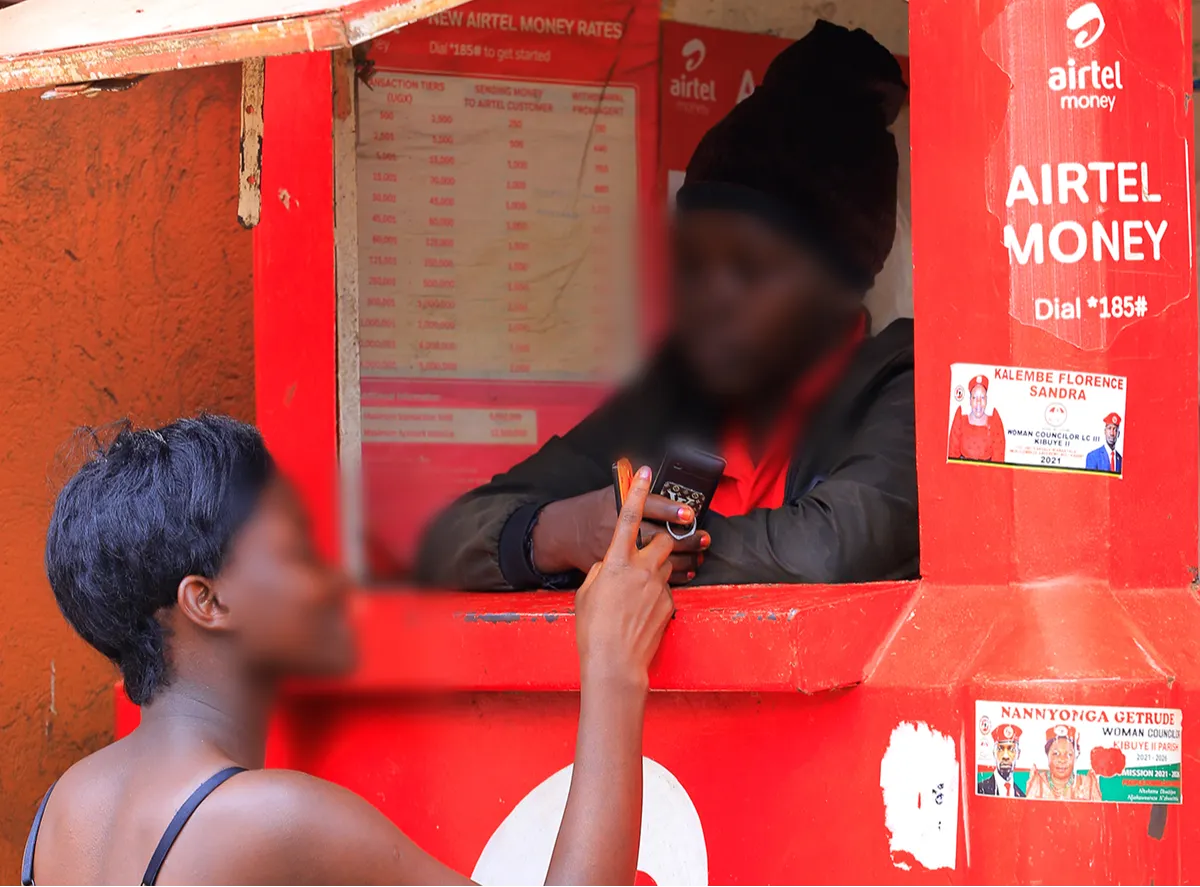KAMPALA, Uganda — A Ugandan human rights lawyer and gender justice advocate, Aloyo Nyeko Omega, has filed a formal petition with the National Information Technology Authority–Uganda (NITA-U), demanding enhanced accountability from telecommunications companies for what she terms as consistent failures in protecting consumers’ personal data and ensuring digital safety.
The complaint, which has also been copied to the Uganda Communications Commission (UCC) and Airtel Uganda, specifically targets Airtel Uganda, alleging that the company’s handling of data privacy breaches and online fraud incidents falls significantly short of legal standards.
The foundation of the complaint
The petition stems from a personal incident in which Ms. Aloyo was allegedly targeted by a phone scammer claiming she had won a cash prize and requiring her to send airtime to claim it.
When she reported the incident to Airtel Uganda, she was reportedly informed that the company would “investigate and disconnect the offending number.”
Ms. Aloyo deemed this response wholly inadequate, arguing that simply disabling the scammer’s line does not satisfy the legal obligation to the victim.
“Merely disconnecting a line does not amount to accountability or provide an adequate remedy to victims whose personal data and privacy have been compromised,” Ms. Aloyo stated in her complaint.
She insisted that telecom companies must treat such incidents with the gravity they deserve: “Telecom companies must act proactively to investigate such incidents, share outcomes with complainants, and refer criminal cases to the Uganda Police Force for prosecution.”
Legal and constitutional arguments
In her submission, Ms. Aloyo grounds her case in both constitutional and statutory law.
She cites the Data Protection and Privacy Act, 2019, which mandates that all data processors must safeguard personal information from unauthorized access and misuse.
She also refers to Article 27 of the Constitution, which guarantees the right to privacy, arguing that Airtel Uganda failed to uphold these constitutional and statutory duties.
Further, Ms. Aloyo points to the Penal Code Act (Cap. 120), which criminalizes cheating and fraud, asserting that telecom-based scams should be treated as criminal offences, not mere administrative problems.
“By failing to forward such cases for criminal investigation, telecom companies effectively become complicit in perpetuating a culture of impunity,” she said.
Demand for systemic regulatory reforms
Ms. Aloyo’s petition extends beyond her individual case to raise broader questions about regulatory enforcement and corporate responsibility within Uganda’s rapidly expanding digital sector.
She has urged NITA-U to launch an investigation into Airtel Uganda’s data protection practices, customer communication procedures, and the process by which fraud-related complaints are referred to law enforcement.
Crucially, the petition calls for new regulations requiring telecom operators to:
Submit regular reports on all fraud-related complaints.
Bar individuals implicated in verified scams from re-registering new SIM cards.
Also Read: Kenyan consumers face exorbitant cooking gas prices despite tax cuts, OMCs under scrutiny
She criticized the prevailing response mechanisms as deficient: “Data subjects, ordinary citizens whose personal information is collected and stored, are entitled to clear, timely, and transparent reports on how their cases are handled,” she argued. “This duty cannot be discharged through silent internal processes that leave victims in the dark.”
According to the lawyer, the current mechanisms are “reactive, opaque, and devoid of user participation,” indicating a fundamental failure to treat digital safety as a core human rights issue.
The petition challenges regulators to exercise stronger oversight under the NITA-U Act and calls for closer cooperation between NITA-U and UCC to ensure operators serve as “responsible gatekeepers of the digital public sphere.”
Ms. Aloyo concluded that the issue is non-negotiable: “This is not merely a matter of customer service but one of constitutional governance.” She emphasized: “Online safety, privacy, and transparency are not luxuries but constitutional guarantees.”
Her petition, she says, aims at “restoring trust and integrity in Uganda’s telecommunications sector,” reflecting the widespread public concern over privacy and limited redress for mobile users facing similar scams.

